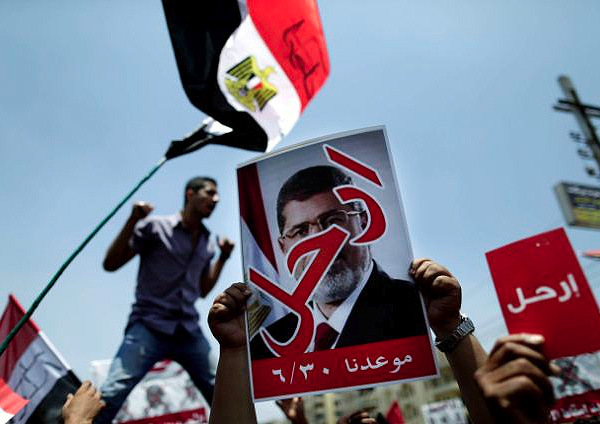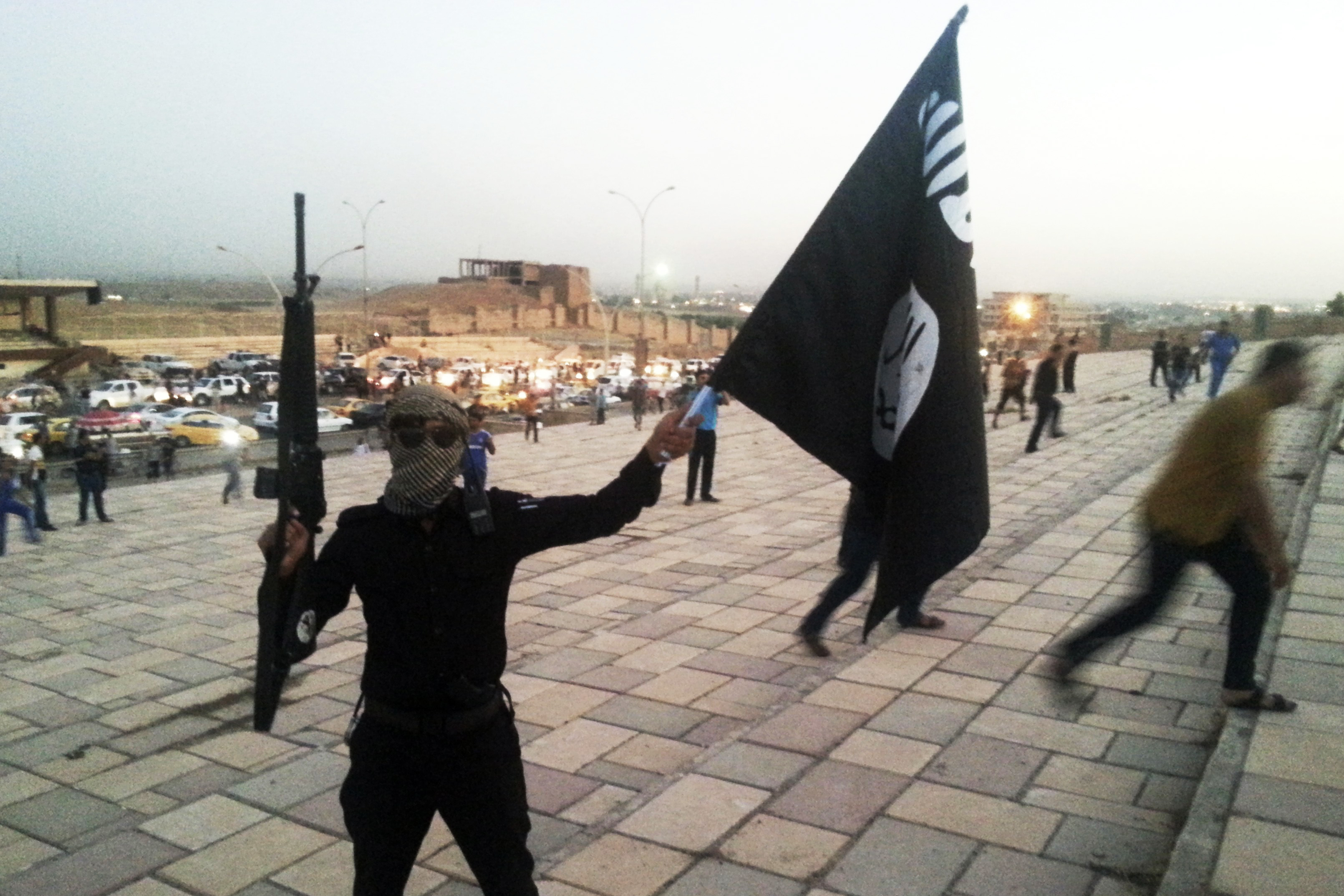When General Abdul Fatal al-Sisi announced the removal of the President Muhammed Morsi, millions of Egyptians welcomed the military coup as a response to a democratic uprising. The army’s return to the political sphere, its supporters insisted, was to execute the will of the people continuing the revolution that began in 2011. Political experts warned that the military intervention has hindered Egypt’s democratic development, reduced the chance of prosperity and guaranteed domestic instability. In the midst of this highly charged debate, Canada is treading it lightly.
On July 3rd Canada’s Foreign Affairs Minister John Baird issued an official statement in which he encouraged all parties in Egypt to remain calm and participate in meaningful political dialogue. He stated, “Canada firmly believes that implementing a transparent system that respects the voices of its citizens, and that encourages and respects the contributions of civil society and all other segments of the population – including religious minorities – is the best way to restore calm and give all Egyptians a stake in the future stability and prosperity of Egypt.” Canada is walking on a diplomatic tightrope, refusing to definitively endorse or denounce the military coup.
The decision facing western democracies is difficult and complex. On the one hand, the Canadian government defends the rule of law and continues its grudging acceptance of an Islamic state. On the other, it condones the erosion of democratic processes and institutions to weaken the position of Islam in international governance. As a result, Canada has not weighed in on its stand.
At the end of the day it will be the decisions of Egypt’s most generous benefactors who will shape and determine Canada’s policy towards Egypt: the U.S.A. It provides approximately 1.6 billion in economic and military aid. However, the US assistance comes with strings attached. Aid is linked to continued peace with Israel. The ascension of the Muslim Brotherhood after the fall of Mubarak’s was unsettling for Israel, though Morsi’s presidency reaffirmed Egypt’s peace accord with Israel. Egyptian-Israeli relations will remain fundamentally unchanged if the US continues to deliver financial assistance.
On July 3rd, president Barack Obama issued a press release regarding the events in Egypt. He did not recognize the military takeover as a coup d’état. Instead he admitted that relevant departments and agencies would have to review what the events mean for aid to Egypt according to US laws. Spokesman Jay Carney has said that the refusal of the White House to make the differentiation is because it could have “significant consequences.” This is an allusion to a US law that requires the government to cut off aid to countries who have undergone a coup. Unwilling to stop the flow of aid to the Egyptian military and subsequently threaten their influence in Egypt, the US is stalling. By delaying a ruling, the US gives the military time to deliver on their promises and establish a civilian government. Given the increasing violence between Morsi’s supporters, opponents and security forces, justifying a ‘no-coup’ finding is becoming less feasible.
Less than a week after Morsi’s removal, Saudi Arabia and the UAE offered Egypt approximately $8 billion in loans. On July 10 Kuwait announced a $4-billion aid package for Egypt. With its large army and strategic location, the Arab gulf states value Egypt as an important ally. Despite the region’s attempt to help stifle political Islam, the experience of Qatar demonstrates that investments don’t always pay off. More importantly, the Arab Gulf States do not prioritize democratic governance. There is little chance of establishing robust democracy in Egypt if the US steps back and the Gulf States step in.
Despite Prime Minister Stephen Harper’s strong support for Israel, fear of trapping the nation in such a volatile region is still at large. Canada does not need its wait-and-see policy to evaluate a direct engagement in international security issues. Instead, Canada should react to the decisions of its Western allies, not the events in Egypt.




